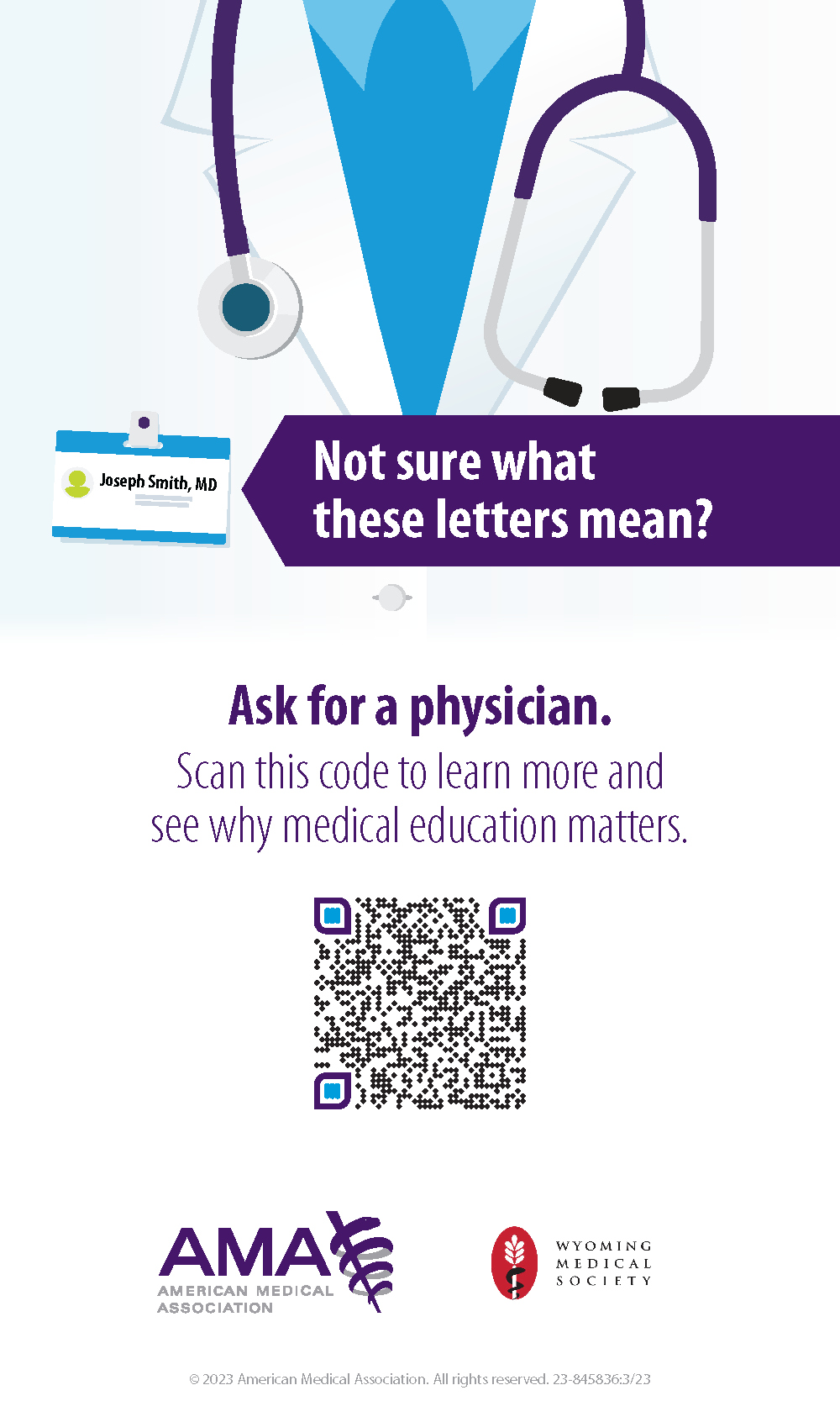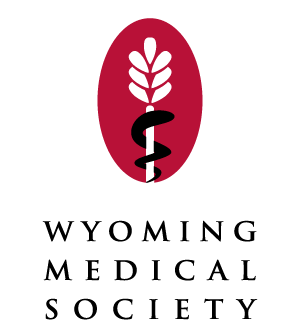YOUR HEALTHCARE TEAM
Every member of the healthcare team is important.
Lean on our expertise to get the right care, at the right time, from the right member of the team.
What's the Difference?
Why does it matter?
Let us help clear things up. Not all medical problems are equal, so when you or someone you love is in need of medical attention it's important to understand the levels of care available to you as a patient.
Each type medical provider receives specialized training, and knowing the difference will help you receive the right care.
Compare the education and training of physicians and nonphysicians to see why thousands of hours of rigorous education and training make physicians the most trusted and qualified to lead health care teams and why nonphysicians are not a replacement for a physician.
Education matters when dealing with the unexpected.
Education matters in the event of a complication or emergency.
Education matters for the health and safety of patients.
Education matters to support access to high quality care.
Education matters to control overall health care spending.
Education matters to
patients.
Provider Information 101:
Doctor - within medicine, someone who has graduated from medical school, or other advanced training, in which a doctoral degree has been earned. All physicians are doctors, but not all doctors are physicians.
Physician - the title used only to describe a medical doctor or doctor of osteopathy who has graduated from medical school and completed residency and, if applicable, fellowship training.
Medical Doctor (MD) - a physician/doctor who has graduated from medical school and completed all necessary training to practice medicine. MDs are allopathic doctors or physicians.
Doctor of Osteopathy (DO) - a physician/doctor who graduated from osteopathic medical school and completed all the necessary training to practice medicine.
Allopathic - medicine rooted in treating specific ailments. It uses evidence-based practices to provide targeted solutions. The primary objective often revolves around directly counteracting diseases and mitigating their effects on the human body. This approach tends to be more reactive, responding to illnesses once they manifest.
Osteopathic - medicine emphasizes a holistic approach to patient care. Instead of treating specific symptoms, osteopathic practitioners view the body as a whole with a focus on preventative care establishing treatments that can prevent the onset of certain diseases and symptoms.
Physician Assistant (PA) - licensed clinicians who practice medicine in close partnership with physicians in a variety of specialties and settings. In Wyoming, PAs are qualified to treat certain medical conditions without the direct supervision of a physician. PAs are graduates of masters-level training.
Nurse Practitioner (NP) - a nurse with a graduate-level (master’s or doctoral) degree who has advanced clinical training. In Wyoming, NPs are qualified to treat certain medical conditions without the direct supervision of a physician.




